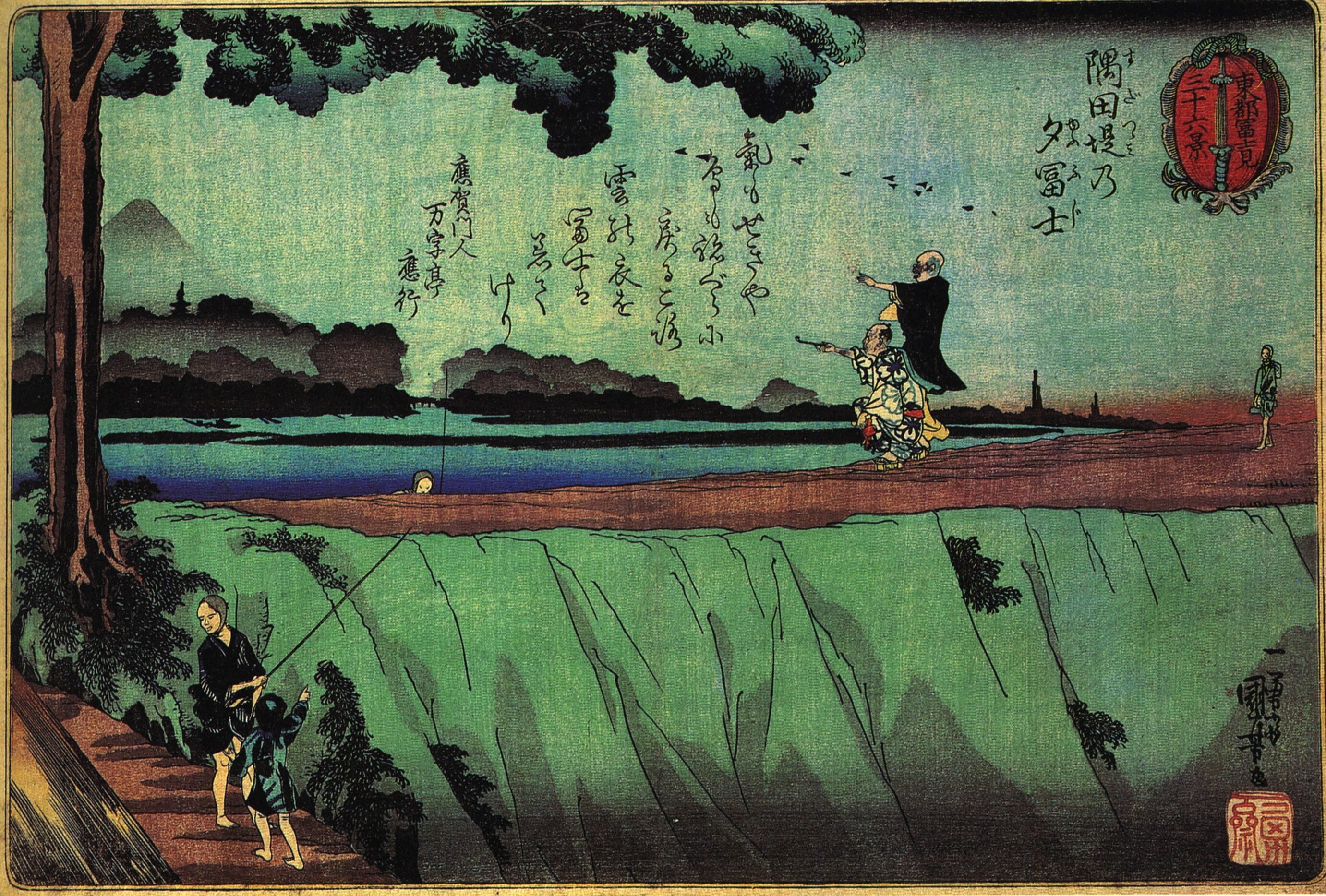English in all its glory has pure vowels 12 and 8 vowels glide. Compare this with Japanese that has 5 vowels.
“Pure” Vowels of English
/ı/as in hit
/ɪ/ as in read
/e/ as in bed
/æ/as in bat
/ɑː/as in hard
/ɒ/ as in shot
/ɔː/ as in short
/ʊ/as in full
/uː/ as in school
/ʌ/ as in hut
/ɜː/as in alert
/ə/ as in aloud
“Glide” Vowels of English
/aɪ/ as in fight,
/ɑʊ/ as in shout
/əʊ/ as in go
/ɔɪ/ as in boy
/ʊə/ as in poor,sure
/ɪə/as in ear
/eə/ as in air
/eɪ/ as in hate
“Pure” Vowels of Japanese
/ɪ/
/e/
/a/
/o/
/u/
Listen to this sound file to get an idea of the five pure tones of Japanese.
This brief “song” can be the basis of a great pronunciation in Japanese.

Japanese Phonology, Vowels on Wikipedia
Although Japanese is often depicted having just 5 pure vowel sounds we can take note that there is an extra-short “ee” sound like in the English word “meet,” and an unvocalised (lightly aspirated) “oo” as if the word “boot” were being whispered.
| IPA | Kana example | Transliteration | English approximation |
|---|---|---|---|
| a | ある | aru | father |
| e | えき | eki | bet |
| i | いる | iru | meet |
| i̥ | した | shita | whispered meet |
| o | おに | oni | story |
| ɯ | うなぎ | unagi | shoot |
| ɯ̥ | すきやき | sukiyaki | whispered shoot |

Often in English-speaking countries, students are taught that there are 5 vowels and that that is all. While true in a symbolic sense, it’s certainly not true of all the sounds afforded by the flexibility of glyphs and tongues.
Were we to follow such lackadaisical statements with an ingenuous mind, statements as if they were the whole truth, we would become but dimly lit slaves of our own ignorance, mistaking the bramble and dilapidated brickwork for the variety and resplendence of the garden.


Japanese also has glide vowels, and while not expressed with one character, combinations do provide glide sounds. Please do some more research and fix this article.